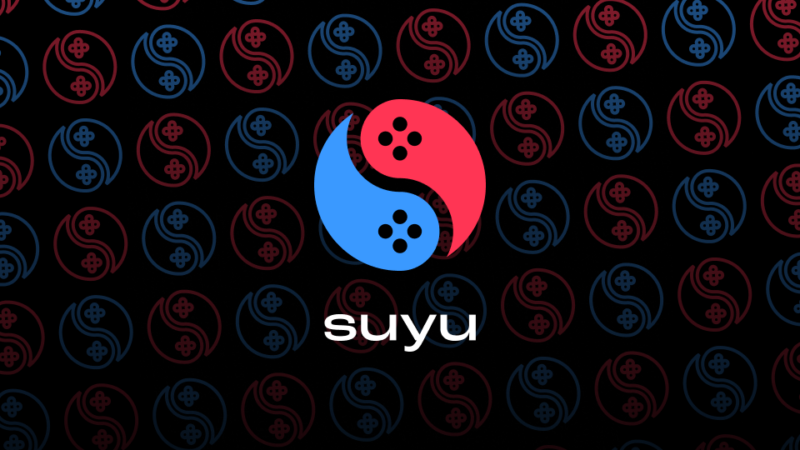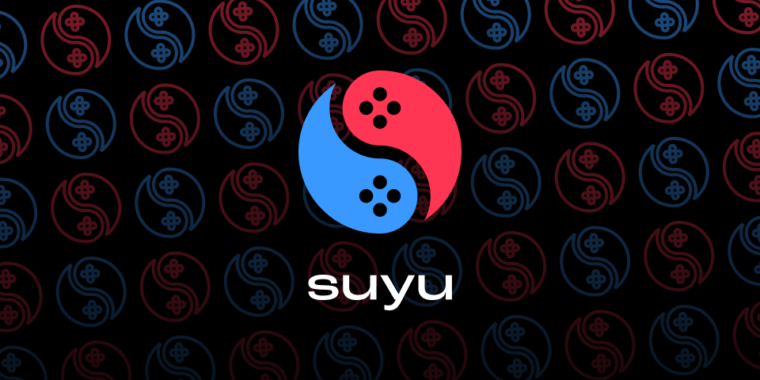Here’s how the makers of the “Suyu” Switch emulator plan to avoid getting sued
[ad_1]

Suyu
Last week, the developers behind the popular Switch emulator Yuzu took down their GitHub and web presence in the face of a major lawsuit from Nintendo. Now, a new project built from the Yuzu source code, cheekily named Suyu, has arisen as “the continuation of the world’s most popular, open-source Nintendo Switch emulator, Yuzu.”
Despite the name—which the project’s GitLab page notes is “pronounced ‘sue-you’ (wink, wink)”—the developers behind Suyu are going out of their way to try to avoid a lawsuit like the one that took down Yuzu.
“Suyu currently exists in a legal gray area we are trying to work our way out of,” contributor and Discord moderator Sharpie told Ars in a recent interview. “There are multiple plans and possibilities for what to do next. Things are still being organized and planned.”
Doing things differently
The Suyu project arose out of “a passion for Switch emulation” and a desire not to see “years of impressive work by the Yuzu team go to waste,” Sharpie said. But that passion is being tempered by a cautious approach designed to avoid the legal fate that befell the project’s predecessor.
After consulting with an unnamed “someone with legal experience” (Sharpie would only say “they claimed three years of law school”), the Suyu development team has decided to avoid “any monetization,” Sharpie said. The project’s GitLab page clearly states that “we do not intend to make money or profit from this project,” an important declaration after Nintendo cited Yuzu’s profitability a few times in its recent lawsuit. Other emulator makers also told Ars that Yuzu’s Patreon opened the project up to a set of pesky consumer demands and expectations.
The Suyu devs have also been warned against “providing step-by-step guides” like the ones that Yuzu offered for how to play copyrighted games on their emulator. Those guides were a major focus of Nintendo’s lawsuit, as were some examples of developer conversations in the Yuzu Discord that seemed to acknowledge and condone piracy.

Suyu, by contrast, is taking an extremely hard line against even the hint of any discussion of potential piracy on its platforms. The Suyu GitLab page is upfront that the developers “do not support or condone piracy in any form,” a message that didn’t appear on Yuzu’s GitHub page or website.
The No. 1 rule listed on the Suyu Discord is that “piracy is prohibited.” That includes any talk about downloading games or “asking for system files, ROMs, encryption keys, shader caches, and discussion of leaked games etc.” Even a mention of the word piracy with regard to legal questions is enough to earn a warning on the Discord, according to those rules.
[ad_2]
Source link




